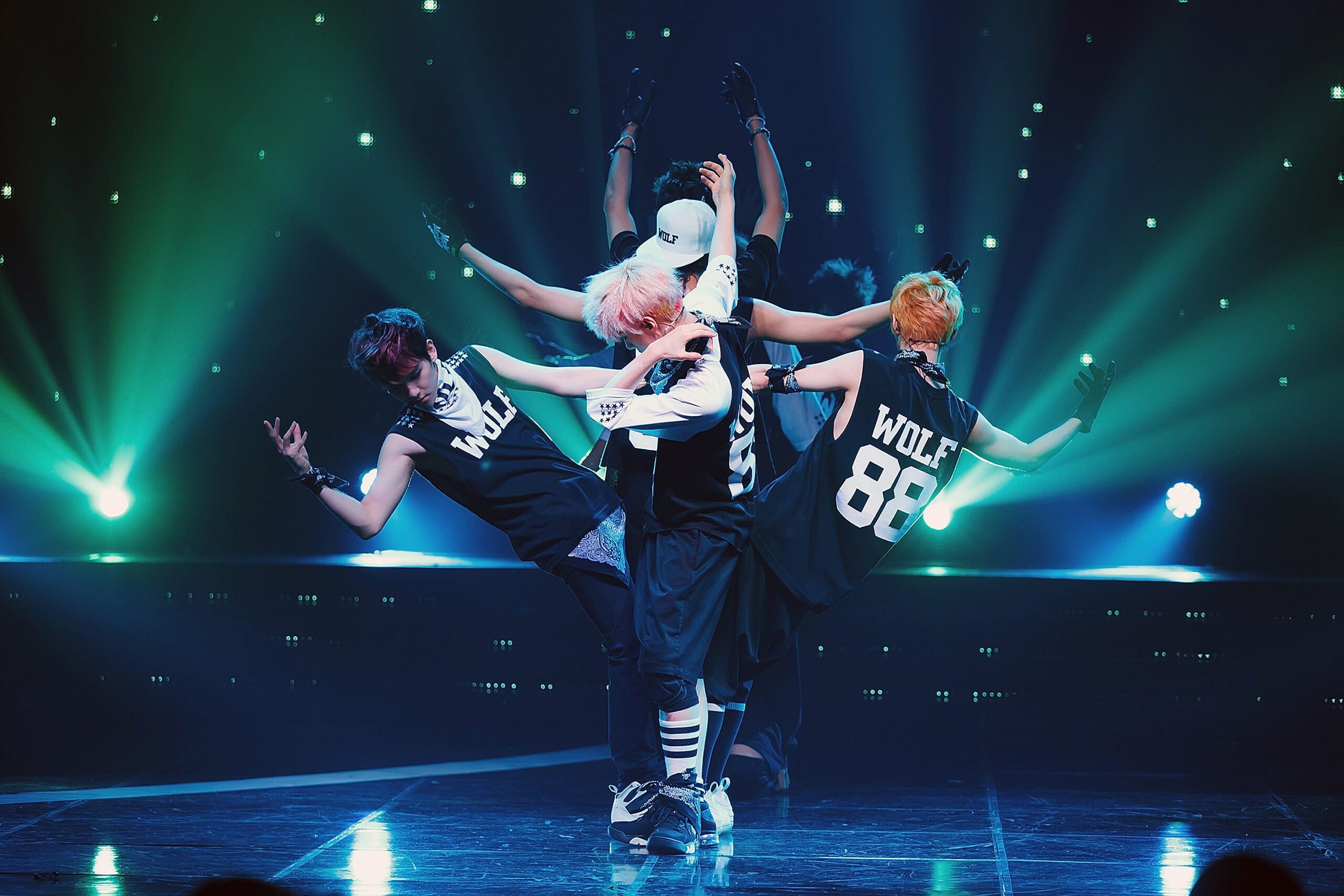
China’s top internet watchdog, the Cyberspace Administration of China (CAC), said that it would continue its crackdown on the country’s “chaotic” celebrity culture. The new rules call for a ban on platforms publishing popularity lists and regulations concerning the sale of fan merchandise. The announcement comes after a series of scandals involving famous idols.
In a statement released on Friday, the CAC said it would take action against the dissemination of “harmful information” in celebrity fan groups and close down discussion channels that spread celebrity scandals or “provoke trouble”.
Under the new guidance, platforms, including popular microblogging website Weibo, will no longer be allowed to publish lists of celebrity individuals.
Lists that rank works such as songs, movies and TV shows can still be published, but they must reduce the emphasis on likes and comments. Instead, the focus should be on “the weight of indicators like work orientation and professional evaluation”.
The internet regulator is also barring variety shows from charging fans to vote for their favourite acts in competition programmes online and have urged against enticing netizens to buy celebrity merchandise.
Another prominent issue surrounding online celebrity fan groups concerns verbal abuse and cyberbullying. Often, attacks on other fans or groups involve doxing, which entails searching for and publishing private information with malicious intent about a particular individual. Platforms will be tasked to monitor and delete such content.

US Tariffs are shifting - will you react or anticipate?
Don’t let policy changes catch you off guard. Stay proactive with real-time data and expert analysis.
By GlobalDataThe document further proposes strong measures regarding minors. It prohibits minors from spending money to vote on rankings. Moreover, the proposal explicitly points out that any fan culture involvement will “not be allowed to affect the normal study and rest of minors and it will not allow minors to organise and carry out various online gatherings.”
Friday’s statement, which emphasised that the new measures would “further strengthen governance, tighten the main responsibilities of websites and platforms and effectively tackle key and difficult issues”, is a continuation of the CAC’s ongoing battle with China’s celebrity culture.
In June, the CAC said that it would launch a two-month special operation targeting these online fan clubs over concerns of bullying and abuse. These fan clubs have also been accused of “cheating the rankings of their idols on charts”, spreading rumours and destroying the online environment. The CAC also expressed concerns over how this toxic environment affects the mental health of minors.
On Thursday, Chinese video-streaming platform iQiyi announced that it would stop showing “idol competition” programmes.
The company, China’s equivalent of Netflix, dropped the third season of its popular talent show “Youth with You” before its finale earlier this year after a controversy in which fans of the show were filmed wasting milk in their bid to qualify to vote.
Fallen stars
The crackdown has also targeted individual celebrities. Notably, Canadian-Chinese singer and actor Kris Wu was arrested following rape allegations. Consequently, his internet presence and works have largely been deleted.
More recently, regulators announced that Chinese actress Zheng Shuang was fined 300m yuan ($46m) for tax evasion. As a result, she was banned from being invited onto several entertainment programmes.
Last week, actor Zhang Zhehan was also punished and removed from various platforms after he visited the Yasukuni war shrine in Japan. The visit prompted China’s Association of Performing Arts to urge a public boycott of Zhang and his works, leading to a host of major brands, reportedly including Coca-Cola, Maybelline, and Clinique, to cut ties with him.
Actress, director and Fendi brand ambassador Zhao Wei has also fallen victim to Beijing’s clampdown. She rose to stardom after playing the lead role in the hugely popular 1990s TV series “My Fair Princess”. Her name has now been removed from that TV show and various others on platforms such as Tencent Video, iQiyi and Youku.
It is unclear why Zhao is being targeted by Chinese regulators. It speculates that her fate may be linked to ongoing investigations into Zhou Jiangyong, a senior official in Hangzhou, the city that is home to Alibaba. Zhao is also close to Jack Ma, the co-founder of Alibaba, who has endured nearly a year of state-orchestrated attacks after publicly criticising China’s financial regulatory system.
Although not a pop star or actor, Jack Ma’s fall from grace bears similarities with Beijing’s latest attack on idol culture. The once prominent and outspoken billionaire also disappeared from the national spotlight after his company, Alibaba, received a $2.8 antitrust fine.
More notably, the company’s financial arm, Ant Group – which owns China’s largest digital payment platform Alipay – saw its IPO blocked at the last minute.
The ecommerce mogul was known for his close ties with China’s entertainment business, brushing shoulders with movie stars and pop divas. This, and the success story of his company, gave Ma a near cult-like status among many Chinese citizens.
This trend is now taking place in the country’s celebrity culture and posits a problem that China’s Communist Party is deeply concerned about.







